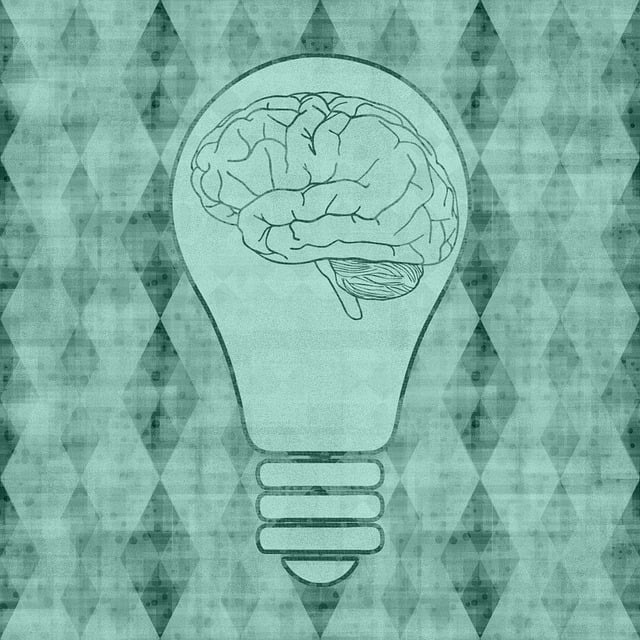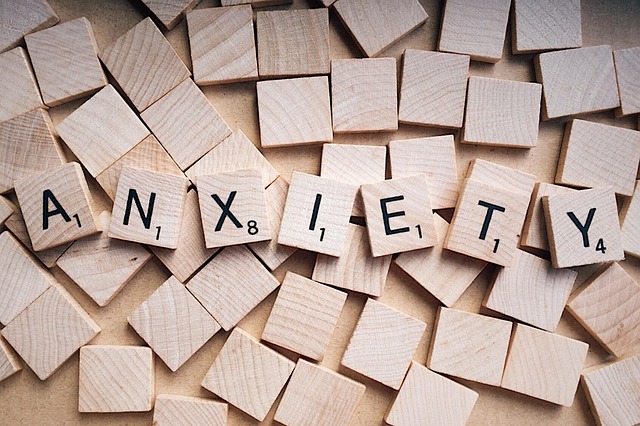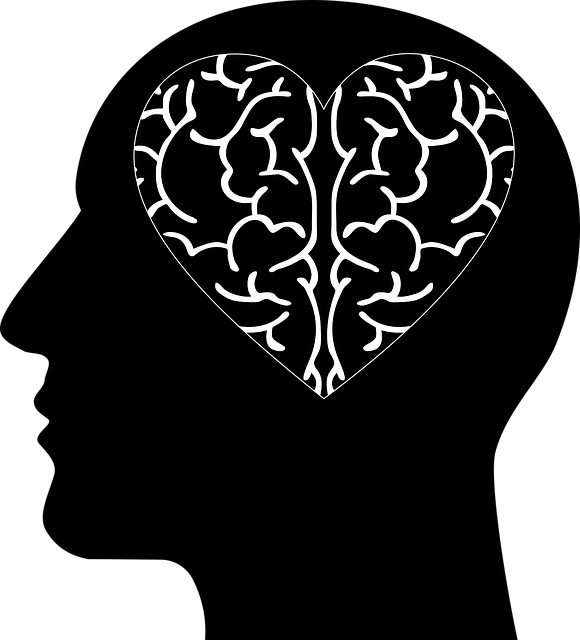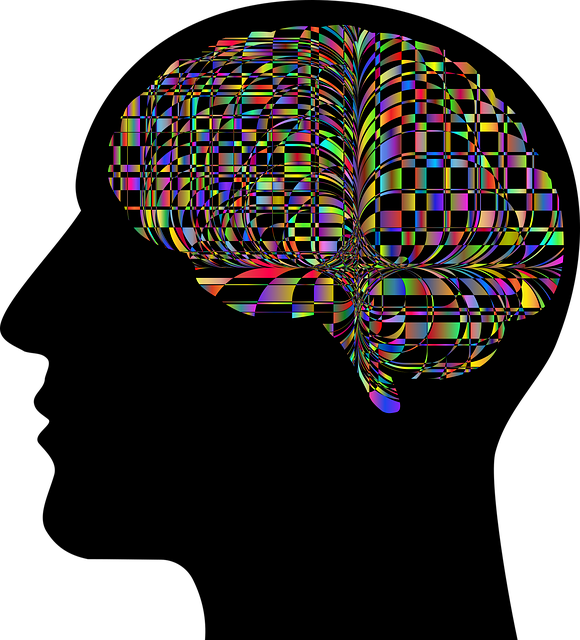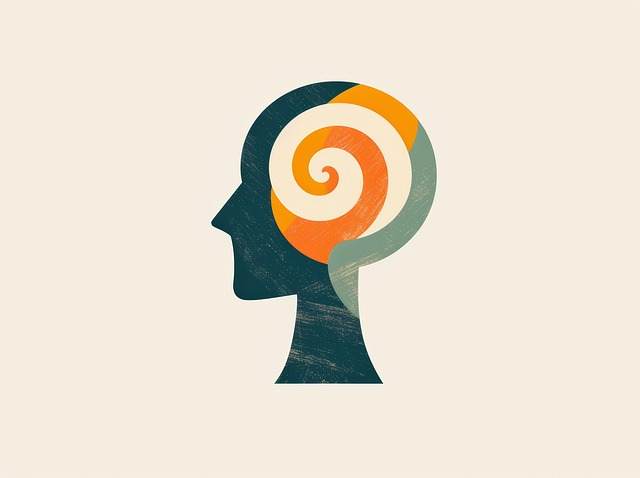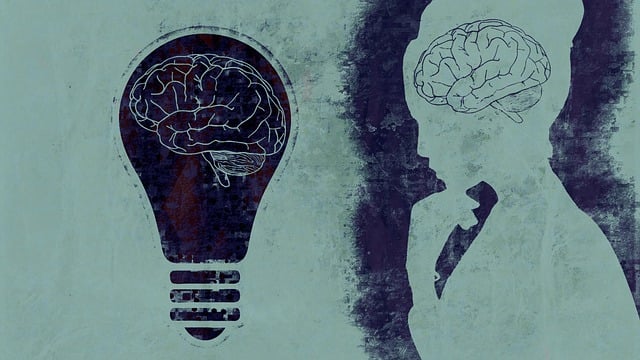Social skills training is a vital component of managing mental health conditions, particularly when seeking Arvada EMDR Certified Therapy. This therapy combines exposure with bilateral stimulation (EMDR) to help individuals process traumatic memories and reduce social anxieties. Through self-care practices, resilience building, and conflict resolution techniques, clients learn to navigate social situations more effectively. Group therapy sessions facilitate community building, empathy, and support networks. Integrating these skills into daily life through personalized plans and practical tools from Arvada EMDR Certified Therapy empowers individuals to engage with their communities, fostering a sense of belonging and maintaining mental well-being.
Social skills training is a powerful tool for managing mental health conditions, addressing underlying social anxieties, and fostering better relationships. This comprehensive guide explores the intricate link between social abilities and mental well-being, delving into effective therapies like EMDR. We cover evidence-based techniques to build confidence in social situations and highlight the benefits of group therapy. Additionally, learn how to seamlessly integrate these skills into daily life, offering a holistic approach to enhancing social functioning with the guidance of Arvada EMDR certified therapists.
- Understanding the Link Between Social Skills and Mental Health
- The Role of EMDR Therapy in Addressing Social Anxieties
- Techniques for Building Confidence in Social Situations
- Group Therapy Sessions: A Supportive Environment for Skill Development
- Integrating Social Skills Training into Daily Life
Understanding the Link Between Social Skills and Mental Health

Social skills training plays a pivotal role in managing mental health conditions, especially for individuals seeking Arvada EMDR Certified Therapy. Effective communication and social interaction are integral to an individual’s overall well-being. Many mental health challenges can stem from or exacerbate social difficulties, creating a vicious cycle that impacts daily life. Understanding this link is crucial for developing comprehensive treatment plans.
By integrating Self-Care Practices and Resilience Building into therapy sessions, patients learn to navigate social situations more effectively. Conflict Resolution Techniques are also taught, empowering individuals to manage interpersonal challenges with resilience and grace. These strategies not only enhance mental health but also foster a sense of belonging and support, which is vital for sustained recovery.
The Role of EMDR Therapy in Addressing Social Anxieties

Social skills training is an integral part of managing mental health conditions, and Eye Movement Desensitization and Reprocessing (EMDR) therapy offers a powerful approach to address social anxieties specifically. This highly effective form of treatment, provided by Arvada EMDR certified therapists, focuses on helping individuals process traumatic memories or distressing experiences that may be at the root of their social avoidance or anxiety.
EMDR combines exposure therapy with bilateral stimulation, such as side-to-side eye movements, tapping, or tones, to help patients reprocess traumatic memories and reduce the intensity of associated emotions. By engaging in mental wellness journaling exercises guided by a therapist during EMDR sessions, individuals can learn coping skills development that allows them to navigate social situations more comfortably. This therapy also offers crisis intervention guidance, teaching clients valuable strategies to manage acute anxiety or panic attacks that may arise in social settings.
Techniques for Building Confidence in Social Situations

Building confidence in social situations is a vital aspect of managing mental health conditions. Techniques like Cognitive Behavioral Therapy (CBT) can help individuals challenge negative thoughts and beliefs, fostering a more positive self-image. By identifying and modifying unhelpful thinking patterns, people can start to see themselves and their interactions with others in a new light.
At our Arvada EMDR Certified Therapy center, we emphasize the importance of self-esteem improvement through tailored strategies. This may include incorporating mindfulness meditation practices to enhance present-moment awareness, thereby reducing anxiety in social settings. Additionally, teaching effective communication skills and stress reduction methods empowers individuals to engage more confidently, improving their overall well-being.
Group Therapy Sessions: A Supportive Environment for Skill Development

Group therapy sessions create a supportive environment for individuals with mental health conditions to develop and practice essential social skills. In these settings, participants learn from each other’s experiences, fostering a sense of community and shared understanding. Certified therapists, like those offering Arvada EMDR (Eye Movement Desensitization and Reprocessing) therapy, facilitate these sessions by guiding exercises that enhance communication, empathy, and conflict resolution strategies. By engaging in group dynamics, individuals can improve their ability to interact with others, build relationships, and manage social situations more effectively.
This collaborative approach not only complements individual therapy but also promotes mental health awareness and positive thinking within the group. The supportive atmosphere encourages members to share their challenges and successes, creating a safe space for vulnerability and growth. Moreover, community outreach program implementations can extend these benefits beyond the therapy room, fostering social connections and support networks that are crucial for long-term well-being.
Integrating Social Skills Training into Daily Life

Integrating Social Skills Training into daily life is a significant step in managing mental health conditions. At our Arvada EMDR Certified Therapy center, we understand that effective healing often involves a holistic approach, where social interaction and support play a crucial role. Our experienced therapists design personalized plans to help individuals navigate social situations with confidence. This might include practicing communication strategies, learning to initiate and maintain conversations, and developing assertiveness skills.
Through our Community Outreach Program Implementation, we go beyond therapy sessions. We provide practical tools and techniques that can be applied in real-life settings. By incorporating Social Skills Training and Self-Care Routine Development for Better Mental Health, individuals gain the resilience needed to engage with their communities. This fosters a sense of belonging and connection, which is vital for maintaining mental well-being.
Social skills training, integrated with therapies like EMDR (Eye Movement Desensitization and Reprocessing) as offered by Arvada EMDR certified therapists, plays a pivotal role in managing mental health conditions. By addressing social anxieties, building confidence, and participating in group therapy sessions, individuals can develop essential skills to navigate social situations effectively. Integrating these techniques into daily life fosters a sense of belonging and overall well-being, providing a holistic approach to mental health care.


